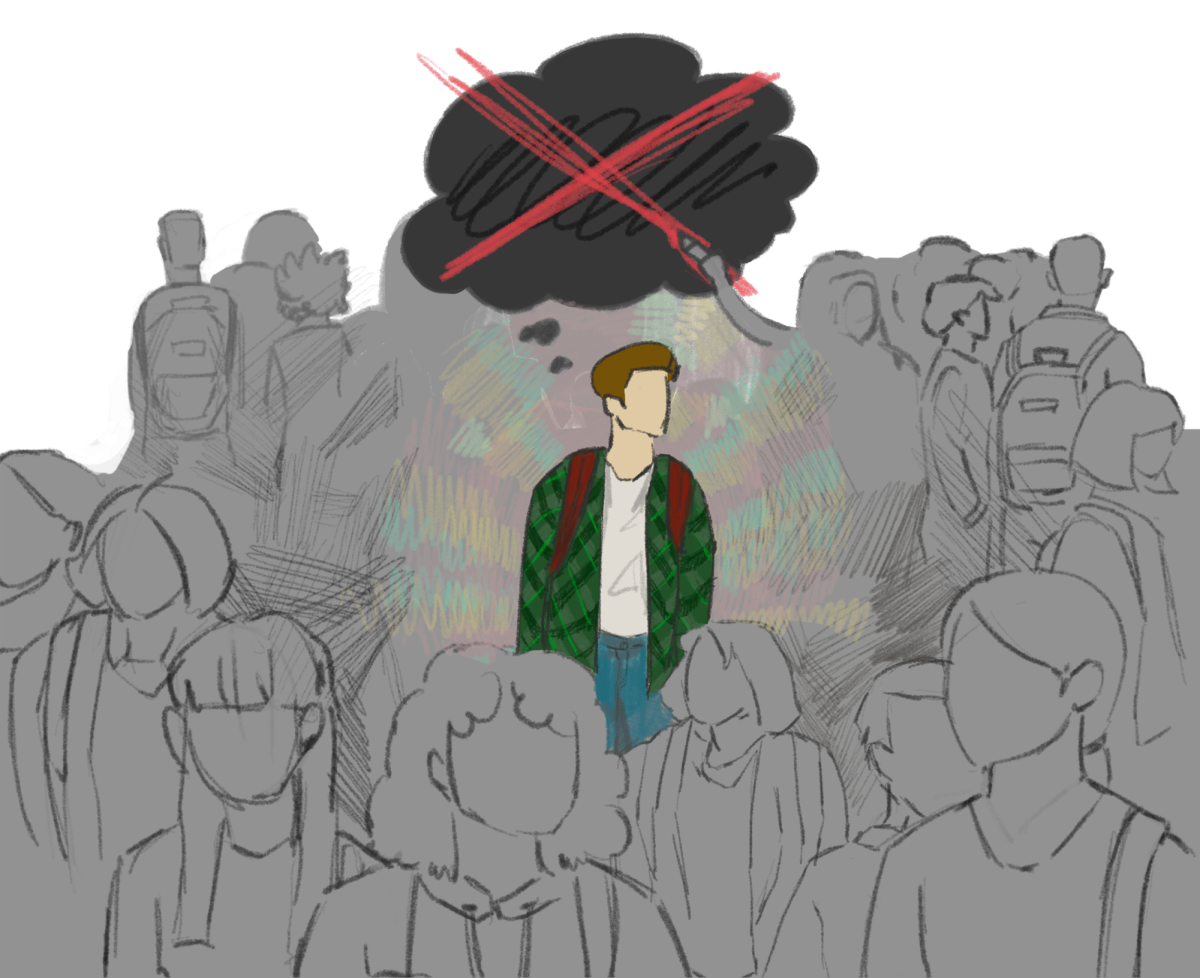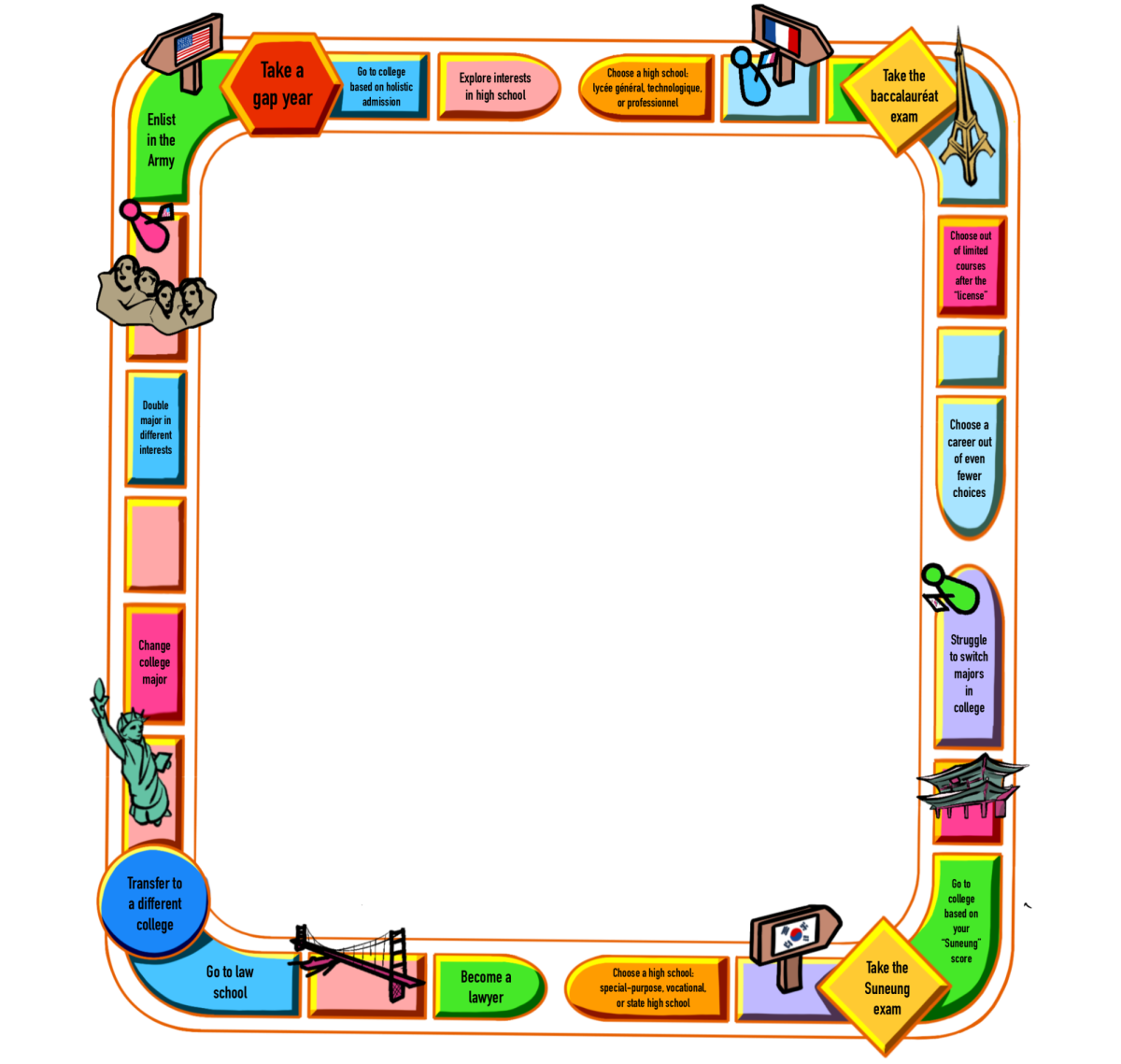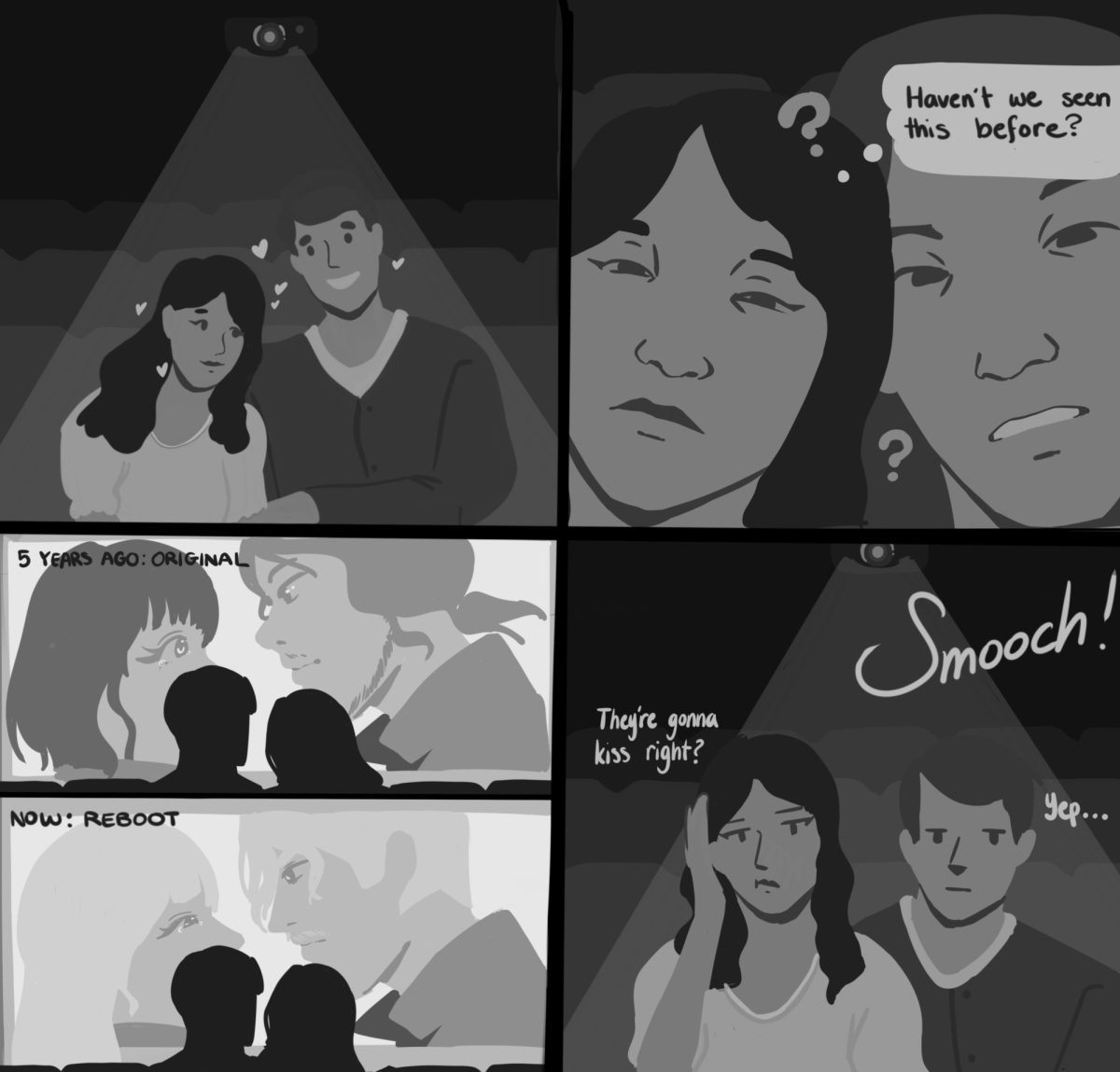Written by Esther Kozakevich
Published in the April 17, 2015 Issue
Everyone is told in high school that good grades and test scores will get you into a good college, presum- ing you are also unique, well rounded and have good college essays. And for most people, that tends to be the case. But why is it, then, that certain applicants who are deemed by all to be great candidates for any prestigious university fall through the cracks? It seems as though every year there are anomalies, who after being dedicated students and high achievers for the past four years, end up at a university that is, for lack of better words, beneath them. This happens because the college process is unpredictable, subjective and, at times, random. The faster one realizes this, the easier and less disappointing the process will be.
For starters, there are many colleges that simply do not have time to look at all of their applications. Take UCLA for example. In 2015, UCLA received 112,744 applications, including transfer students. Applications were due on Nov. 30, 2014, and decisions were released (this year) on March 20. That gives the Office of Ad- mission exactly 110 days to review applications. That
means that admissions officers would have to look at approximately 1024 applications a day in order to look at every single one. That is obviously impossible, since the 110 days doesn’t even include breaks or time off. UCLA is forced to toss out a large portion of applica- tions before they can even begin to review them, so a large number of qualified applicants are eliminated due to minor issues or chance in the very beginning of the process.
Even if a university had the time and energy to look through each and every application, they still would not have the space in their class to give out a spot to every qualified applicant. This is where the subjectivity of the process comes in; it boils down to whatever the admissions officer reading your applica- tion prefers in terms of extra-curricular activities, or personality and voice. Another thing to keep in mind is that what admissions officers looks for in a student varies greatly from year to year. Whether their focus in a given year is diversity, improving a certain major or simply a certain type of personality, it’s impossible to predict what a university may desire in a candidate. The admissions officers making the decision to accept or reject students have devoted their lives to bettering their respective institutions, so candidates have to trust that the officers know what type of person will fit in best at their college. It’s impossible to guess what a school is looking for in a given year, or what kind of applicant they deem will fit in best, so accepting that the decision is subjective is the only possible action to take in the college process.
Although this may seem incredibly obvious, every year applicants are shocked and disappointed, and take college rejections personally. Don’t. Due to their randomness and subjectivity, they didn’t reject you because you didn’t work hard enough or weren’t good enough. Of course, this is still hard to come to terms with. But the implications of college admissions ran- domness can be useful not just in dealing with college rejections, but in the years prior to applying to college. There’s no sense in weighing yourself down with APs you don’t want to take or participating in extracurricu- lars you hate simply because they “look good on college apps,” and there’s no need to beat yourself up over one or two or even five Bs; there are plenty of people who get into amazing schools with less than stellar transcripts or resumes. And because there is no formula to getting into a top-notch school, the most you can do to ensure college-related success is to participate in activities that you love and make you happy, write with passion and have hope. You may not get into the college of your dreams, but if you can look back on your high school experience and know that you did things because they were meaningful to you and not to pad your transcript, it’ll make rejection easier to handle and the prospect of going off to college all the more exciting.











